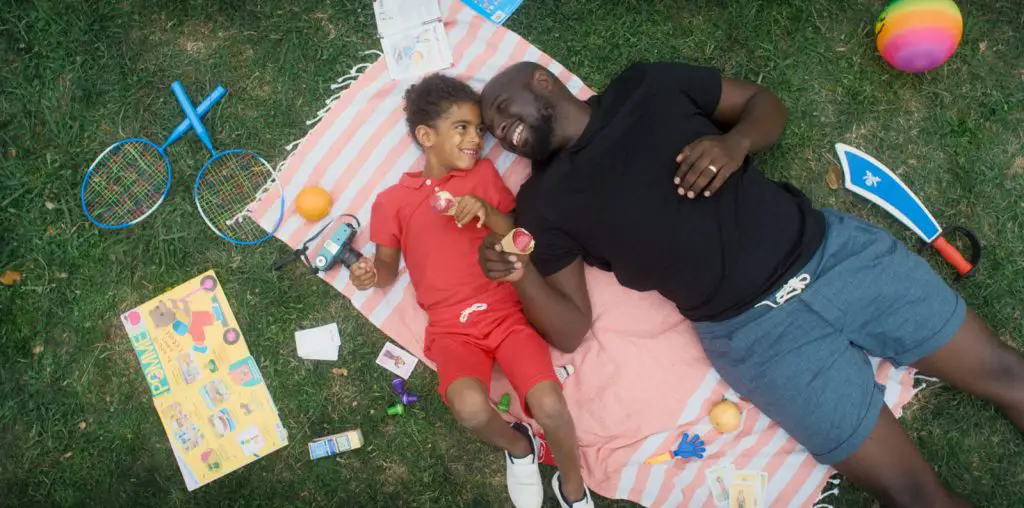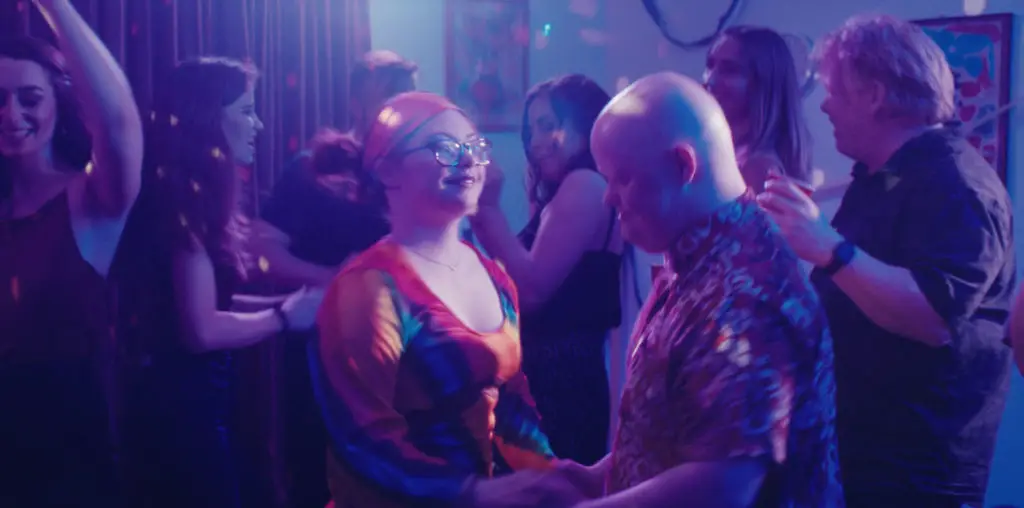
Welcome to Camp Ovation, a camp where “American Idol” and “Star Search” collide with summer camp and Broadway musicals. A place where the theater arts are celebrated and performed by the nation’s most gifted teenage singers, dancers, and actors/actresses. It’s a place where those who feel out of place in their normal lives can find comfort with others. And it’s a place where everyone gets to have their moment in the sun. Marking the directorial debut of Todd Graff, a Tony nominated actor for his role in the Broadway smash “Baby,” “Camp” is an off beat comedy drama with a lot of soul. Blending coming-of-age story arcs with whimsical show tunes and ballads creates a passionate, uplifting summer sensation!
They come from all different walks of life – teenagers searching for an identity, looking to connect with others, wanting to escape and explore their theatrical talents. Segregated because of their dramatic or musical uniqueness, these so-called misfits attend Camp Ovation over the summer to reunite with friends and perform in front of friends and family. Most of the attendees are making a return trip with the exception of Vlad, a newcomer 90210 type who causes quite a stir with his charm and good looks.
Like Spellbound, where the kids are isolated based on their intellect, the kids at Camp Ovation are isolated based on their performing art abilities. When not at camp, Michael is beaten up when he attempts to attend his prom dressed in drag and Ellen is a loner who must beg her brother to take her to the prom. Even Vlad, the picture perfect poster boy, is a pill popping, semi-autistic guitar player. But despite their quirks and mannerisms, when the kids arrive at camp, they feel accepted. They go from situations where no one is like them to situations where everybody is like them.
As different campers are paired with one another for different shows, relationships evolve. Vlad begins to take a liking to Ellen, Michael tries to reconnect with his parents, Fritzi begins working as Jill’s gopher, and Jenna must overcome a wired jaw. As dysfunctional as many of the relationships seem, nothing compares to Bert Hanley, the washed up choreographer, in charge of the camp. Hanley’s last Broadway hit was 10 years ago and since then, he has disappeared from the public eye to become a cynical alcoholic. Returning to camp, Hanley becomes disgruntled and hard-nosed, determined to teach the kids (referred to as “freaks”) a lesson in reality. But after some of his music winds up in the hands of the kids, it’s the kids who end up teaching him a lesson he’ll never forget.
In 1977, Carl and Elsie Samuelson created Stagedoor Manor way up in the Catskill Mountains (NY) as a summer camp catering to teenagers interested in pursuing theatrical careers. As the movie details, students go to camp, participate in a set of weekly auditions, and are cast in a variety of plays that are rehearsed for three weeks before being performed in front of a live audience. The real camp performs 12 full-scale shows every three weeks in both indoor and outdoor theaters, everything from musicals to stage plays. Immersed in such an environment with professional instructors, students are given a chance to have their special “moment” and build lifelong friendships. This atmosphere quickly caught on and over a period of a few years, Stagedoor became a hot bed of talent. Natalie Portman, Jennifer Jason Leigh, Robert Downey Jr., Mary Stuart Masterson, and “Camp” writer and director, Todd Graff himself all attended Stagedoor at one point in their lives.
The film takes a lot of inspiration from “Fame,” the 1980 classic with Irene Cara, director Alan Parker, and music by Michael Gore. Gore won the Academy Award for his musical score and ironically, much of his music can be heard in “Camp” as well. There’s even a tongue-in-cheek quip about “Fame” as the students go through a difficult tap dancing course.
The screenplay was written about 4 years ago, well before the return of the musical came about through Moulin Rouge and Chicago. And even more interesting is how the script was written, almost a no-no in screenwriting 101. Specific songs were selected by Graff as integral parts of the story without a notion as to whether such songwriters like Stephen Sondheim, The Rolling Stones, and Burt Bacharach would grant him the permission. Graff admits: “It was a Hail Mary pass, the whole movie was a Hail Mary pass.” But the gamble paid off as Sondheim and others came through. Oscar winning composer Michael Gore and Tony Award winning lyricist Lynn Ahrens even wrote two original songs exclusively for the film.
Thus, it goes without saying that music is the most impressive element in the film. Because Graff was able to secure the songs he integrated into the script, the songs carry more meaning – connecting lyrics to characterizations and situations. It’s powerful stuff. Listening to the soundtrack, one can only remember the trials and tribulations portrayed by amazing talents like Sasha Allen in the gospel heavy “How Shall I See You Through My Tears” or the vengeful “The Ladies Who Lunch” by Alana Allen and Anna Kendrick. They demonstrate incredible range for such young songstresses. Yet, the one song that captured the potency of the film for me was “Here’s Where I Stand,” a beautiful piece in which Jenna expresses her innermost feelings to her parents. Removing the braces that lock her jaw shut, Bert tells Jenna: “It’s about time they met their daughter.” And Jenna delivers – the song is strong enough to move one to tears.
The subject matter of the film is interesting all by itself, but Graff takes it to the next level by breaking a lot of the stereotypes and clichés of teenage coming of age stories. These kids aren’t interested in sports, they’re naïve and openly exploring their sexuality. And they can also be extremely manipulative and vicious towards one another. But beyond the quips and perverse dialogue, a film that relies so heavily on music to connect and make story sense can fall victim to plot foibles. In particular, a little more than halfway through, the film transforms from something highly innovative and original into an episode of Dawson’s Creek. It becomes more about who slept with whom instead of concrete character development, resolution, and fulfillment.
But despite a plot that peters out, “Camp” remains one of the summer’s most enjoyable films. It’s a musical, it’s a comedy, it’s a drama, and it’s a whole lotta fun! Contagious and enthusiastic, the film energizes the audience with an odd assortment of gospel, show tunes, ballads, and duets. And when the music is silent, it felt good to reminisce about those teenage years, first loves, adolescence, years when life seemed much simpler and it was easy to declare: “What I want most of all, is to know what I want” (“Into the Woods” by Stephen Sondheim).

